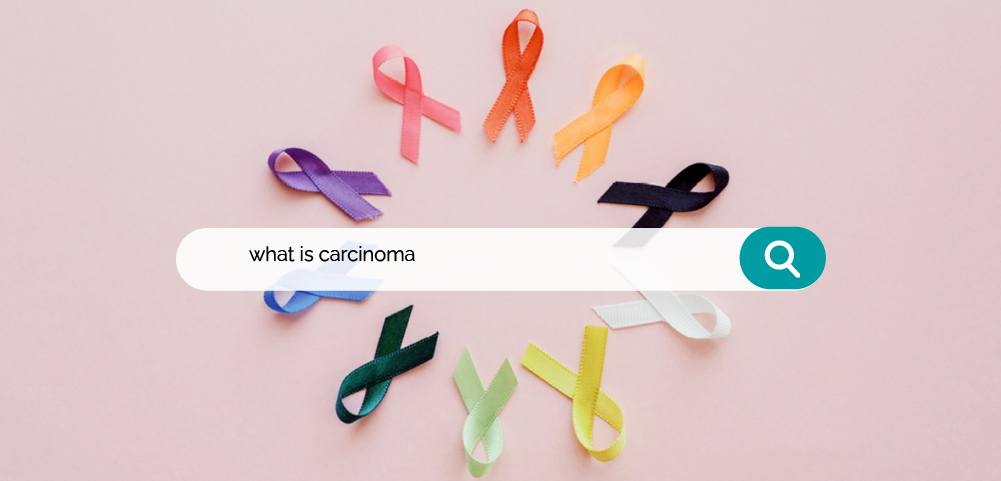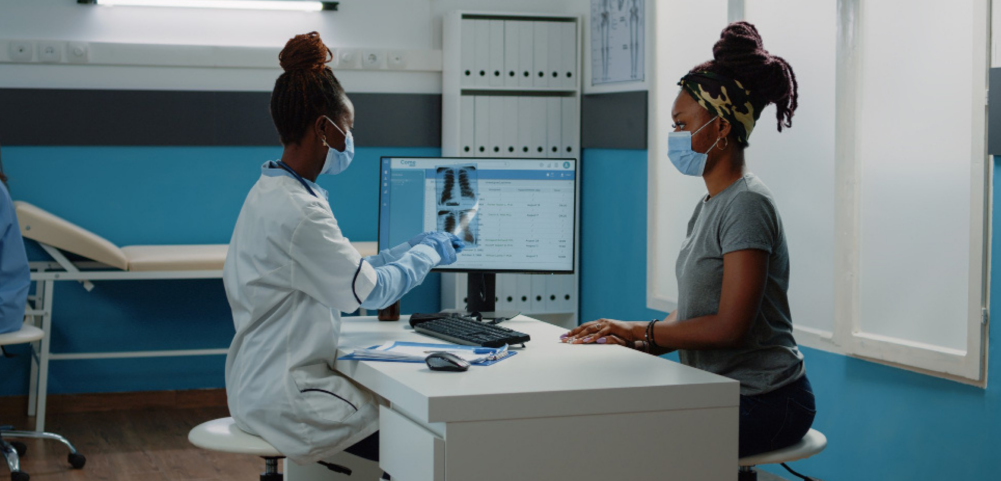
What Are the Types of Cancer
08 Nov, 2022What are the most common types of cancer? Some cancers grow and spread quickly, while others grow slowly and respond to treatment differently.
Cancer is a growing burden globally, and the government of Kenya is committed to providing accessible, affordable, quality, and equitable health care for all patients diagnosed with cancer.
The Kenya Cancer Policy 2019-2030, provided by the Ministry of Health, offers a framework to address cancer control in Kenya through evidence-based interventions for prevention, screening, timely diagnosis, treatment, and research.
Key Takeaways
- There are 5 types of cancer; carcinoma, sarcoma, melanoma, lymphoma and leukaemia.
- Common cancers are; prostate, breast, kidney, colorectal, cervical, and lung cancer.
- Early cancer detection increases the chances of survival and reduces the spread of cancer to body organs and other tissue organs.
What is Cancer?
Cancer is a broad category of disorders that can spread to other tissues and organs when abnormal cells divide rapidly.
It may affect both adults and children. Some types of cancer grow and spread fast, while others grow more slowly and respond to treatment in different ways.
What Causes Cancer?
Changes to the DNA in your cells or mutation can cause cancer; although genetic mutations can be inherited, they can occur after birth because of environmental forces such as:
- Radiation and ultraviolet (UV) light
- Alcohol, cigarette smoke, air pollution, asbestos, and contaminated food and drinking water.
Bacteria, viruses, and parasites
It is important to note that certain cancer risk factors may increase your chance of developing cancer, such as:
- Use of tobacco
- High alcohol consumption
- Having an unhealthy diet
- Lack of physical activity
- Being exposed to air pollution
- Being exposed to radiation

What Are the 4 Stages of Cancer
Here are the four stages of cancer:
1. Stage I: Cancer has not spread to the lymph nodes or other tissues; it is contained to a small area in the body.
2. Stage II: Cancer has grown, but it hasn't spread.
3. Remission stage: In this stage, the signs and symptoms of your cancer are reduced. Remission can be partial or complete.
- All cancer signs and symptoms of cancer have disappeared in complete remission.
- Some specialists may say you are cured of cancer if you remain in complete remission for five years or more.
4. Stage III: Cancer has developed and may have spread to the lymph nodes or other tissues.
5. Stage IV: Organs or other issues have been infected by cancer.
Stage zero refers to the initial stage of cancer when the cancer is still contained in the location where it first started.
At stage zero, cancers are easily treatable and are considered pre-cancerous by most healthcare providers.
Do you need a second medical opinion? Talk to a patient support specialist and get an oncologist's comprehensive second medical opinion.
What Are the Types of Cancer?
There are five main types of cancer:
1. Carcinoma: The most common type of cancer affecting organs and glands, such as the lungs, breasts, pancreas, and skin.
2. Sarcoma: It affects soft or connective tissues, such as muscle, fat, bone, cartilage, or blood vessels.
3. Melanoma: This type of cancer develops in the cells that pigment your skin.
4. Lymphoma: It affects your lymphocytes or white blood cells.
5. Leukaemia: This type of cancer affects the blood.
What Are the Common Cancers?
The most common cancers are:
1. Bladder cancer. This type of cancer begins in the cells of the bladder and can be diagnosed at any stage when the cancer is highly treatable.
2. Breast cancer. Cancer originates in the breast tissues and is the most common cancer among women. However, breast cancer affects both women and men.
3. Colorectal cancer. It occurs when there is an abnormal growth of cells in the colon or rectum.
4. Kidney cancer. It occurs when there is an abnormal growth of cells in the kidney tissue.
5. Lung cancer-non-small cell. This type of cancer is the leading cause of death globally and occurs when there is an abnormal growth of cells in the lungs, spreading to lymph nodes or other organs in the body.
6. Lymphoma-non-Hodgkin. This is a type of blood cancer that develops in the lymphatic system.
7. Melanoma. This is one of the most common cancers that develop in the cells producing melanin.
8. Oral and oropharyngeal cancer. It occurs when there is an abnormal growth of cells in the mouth and the middle part of the throat.
9. Pancreatic cancer. It occurs when there is an abnormal growth of cells in the pancreas.
10. Prostate cancer. This type of cancer begins in the gland cells of the prostate and is one of the most common cancers.
11. Thyroid cancer. Cancer cells grow out of control in the thyroid gland.
12. Uterine cancer. There are two types of cancer: endometrial cancer and uterine sarcoma occur when there is an abnormal growth of cells in the uterus.
13. Cervical cancer. It occurs when there is an abnormal growth of cells in the cervix.
Why is Early Detection of Cancer Important?

Early detection is essential for breast, cervix, mouth, larynx, colon, rectum, and skin cancers.
Cancer detection increases the chances of survival and reduces the spread of cancer to body organs and other tissue organs.
Breast, cervical, and colorectal (colon) cancers may be discovered early with routine cancer screening tests when treatment is most likely effective.
Need help figuring out where to start on your recovery journey? Talk to a patient support specialist and get the medical attention you need.